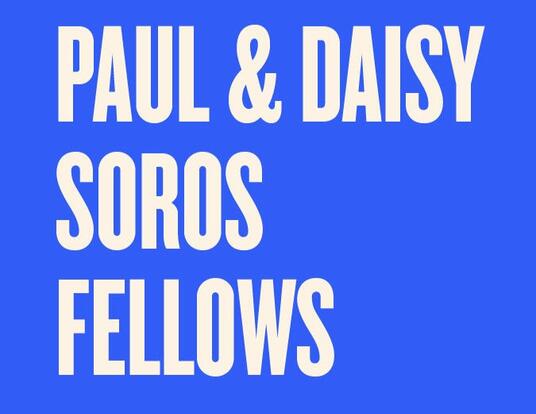Notes From a Writer's Desk: On Finished Writing

When you are done with your work this semester, I hope that your achievements will be lauded with celebratory music. It is not completely beyond the realm of possibility that, upon your final keystroke, the Harvard University Band will appear beneath your window and launch into a triumphal medley of their best anthems. For many of us, however, it’s not so easy to determine exactly when we’ve finished. At what point will the trumpets receive the cue to play? When the prose is at last perfect? Will the conductor give the crucial signal when you’ve included every possible item in your paper or chapter?
Graduate students at work on a doctoral dissertation often hear the refrain “a good thesis is a finished thesis.” I had a friend who kept this on a sticky note pasted to her computer and read it every day, like a mantra. But for those of us who are perfectionists (surely a sizeable proportion of the graduate student population!) the word “finished” has a mystical significance. It is as if, in order to reach this exalted state, the writing will have to undergo a process of profound metamorphosis. Personally, I could probably have spent a lifetime working on my dissertation before I felt that it had attained this state of transcendence. Fortunately, however, I recalled the advice that a professor once gave me, which was to consider the dissertation as just an early version of the book that I would produce later. And considering that the book will differ in notable ways from the dissertation, the latter must be incomplete by its very nature. I began to realize that my doctoral project could not be “finished,” in the exalted sense of the word, only taken a certain part of the way on its longer journey.
Even for disciplines where there is no doctoral dissertation, and no expectation of publishing books, there is a useful and encouraging lesson to be drawn here. Our work is never finished, truly and completely. All writing is only a draft. By acknowledging this, we absolve ourselves of the necessity of making it perfect, because the process of revising drafts is incremental and iterative. The anthropologist Kate Clancy assures us that “first drafts suck.” I would add that final drafts also have their shortcomings, even though these faults may be different and less obvious. By the time you reach this point you will have (hopefully) corrected most of the grammatical and spelling errors, polished the sentences and made your claims or arguments as clear as you can. However, the piece will still have its flaws, whatever you do.
Considering your writing as a draft (even if it is the last, ultimate, final, corrected, and revised draft) also helps to make criticism from advisors, examiners, and reviewers easier to bear. Since you know that the piece is not perfectly complete, you expect that there are problems that these readers can help you to identify, whether with a view to advancing this work further or in your next piece of writing.
The French poet and essayist Paul Valéry famously wrote that for those who seek perfection, a work of art is never finished — only abandoned. Similarly, in The Book of Dust, the artist Agnes Denes speaks of an infinite creative process that must be arbitrarily brought to a halt: “When it finally became obvious that this process of summing up could go on forever and neither be complete nor a total overview, I stopped. As it now stands, the book is less than five percent of the original material assembled and written. It does not matter at what point a process is arrested or evolution stopped for a moment of contemplation or analysis. A cross section of existence at any time will yield a perspective, initiate awareness and insight. Only the assortment of information may vary.”
When you decide to call a temporary halt in the potentially indefinite journey of writing, I do hope that you’ll get a musical serenade. But instead of a concerto of completion, maybe you’ll have a dance party celebrating your draft.
Banner courtesy of Shutterstock
Get the Latest Updates
Join Our Newsletter
Subscribe to Colloquy Podcast
Simplecast Stitcher





